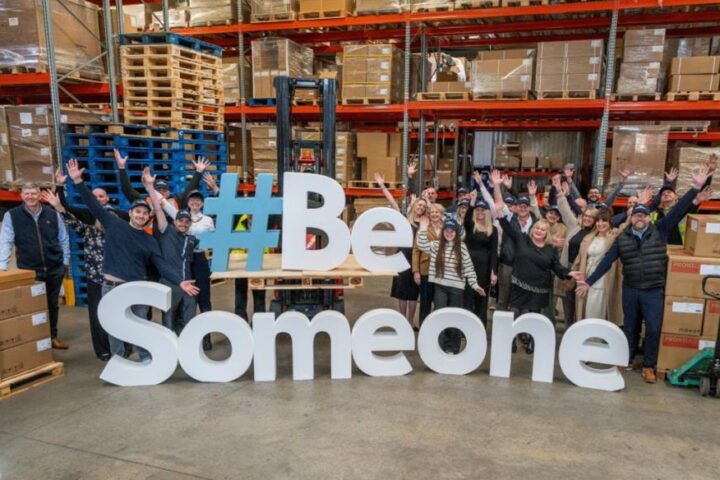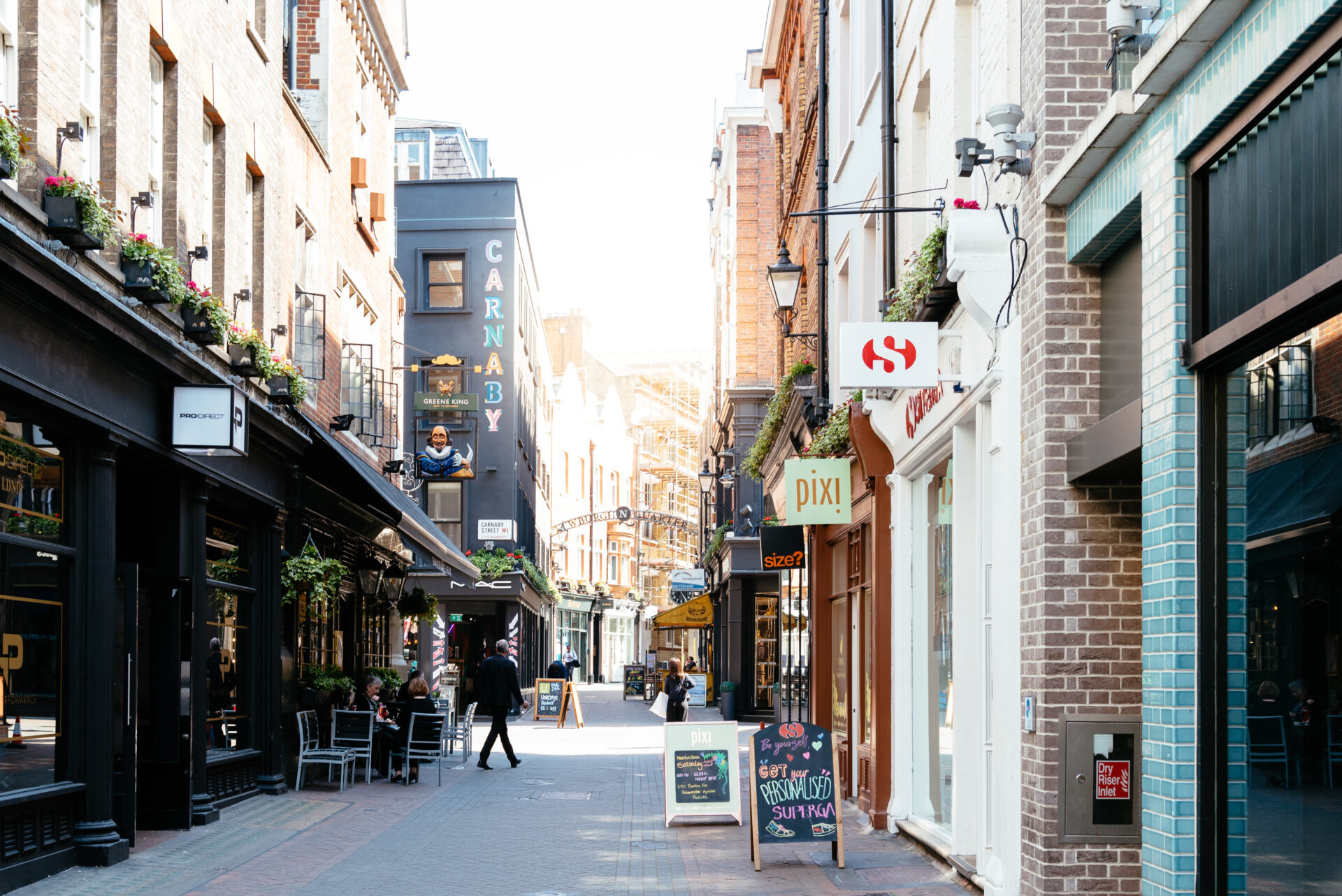Almost half (46%) of UK workers aged 24 to 35 said they would consider quitting because of unattractive office design, according to research from Kinly.
Kinly’s art of productivity report surveyed 1,000 office workers and 425 audio visual (AV) professionals across Europe.
Over one in five (21%) of this group said poor-quality workplaces affected their mental health.
The findings showed that workplaces which ignore employee experience are facing issues with talent shortages, productivity and the return-to-office (RTO) push.
Businesses turned to tech-driven art to improve productivity, with 27% of firms already using AV technology to display art and culture.
Nearly two thirds of AV professionals (65%) said technology should be used for artistic or aesthetic purposes, not just functionality.
More than two thirds (69%) of AV teams have been working with HR departments to support wellbeing goals through tech.
Three in four AV professionals (75%) said AV supports staff welfare.
Over half of businesses (51%) are now using technology like digital signage to improve the workplace.
Almost a third of companies (31%) are using AV to help neurodiverse staff with accessibility software or sensory-friendly features, while 46% plan to follow.
71% of AV professionals said AV helps build community across offices and remote teams.
Tom Martin, CEO at Kinly, said: “Creative environments fuel performance. Office design is no longer just an aesthetic choice, it’s a strategic one.
“Businesses have to give employees the tools they need to thrive, and that includes an environment where they feel empowered and inspired.
“The office has become a second-choice experience for many employees, but implementing technology creatively can and will make a difference, both in terms of boosting office attendance and improving overall output.”
Ben Sheppee, British visual artist, said: “Remote work has opened up new ways for creative collaboration.
“But without the right tools, it can actually stifle the creative process and leave people feeling disconnected.
“As hybrid work becomes the norm, it’s vital that businesses provide the technology to help ideas flow freely, no matter where their teams are.”

















